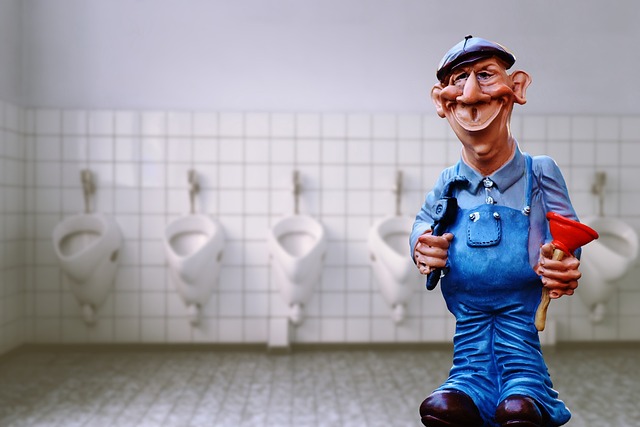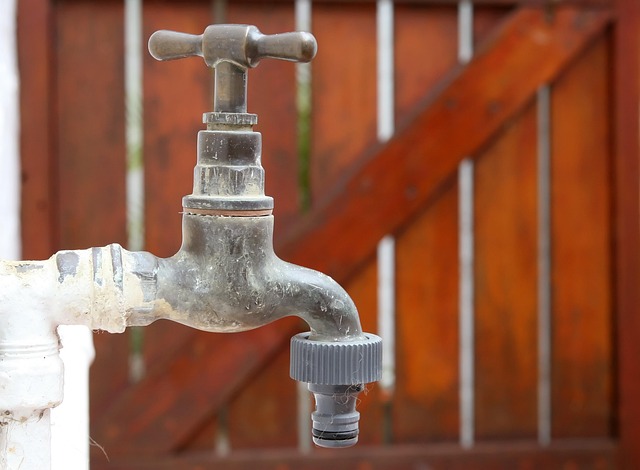Homeowners often turn to DIY plumbing fixes for cost savings and convenience, but while it offers benefits like knowledge gain and control, it also carries risks. Without proper expertise or tools, DIY attempts can lead to property damage, failed repairs, and health hazards. Hiring licensed professionals provides advantages such as specialized training, experience, and tools to handle complex issues safely and effectively. Comparing DIY vs. professional plumbing services reveals that while DIY may seem cost-effective for minor issues, professionals offer long-term solutions, preventing future disruptions and ultimately saving money.
YouTube’s plethora of DIY videos can make plumbing fixes seem simple, but there’s more to it than meets the eye. This article delves into the world of DIY vs. Professional Plumbing, exploring the advantages and disadvantages of tackling these tasks yourself. We’ll guide you through common projects, potential risks, required tools, and help you make an informed decision based on cost, time, and safety considerations. Discover why some jobs are best left to professionals while others can be successfully managed at home.
- DIY Plumbing Fixes: Pros and Cons
- – Advantages of do-it-yourself plumbing
- – Disadvantages of attempting complex tasks without professional knowledge
DIY Plumbing Fixes: Pros and Cons

DIY plumbing fixes have gained popularity, with many people opting for do-it-yourself (DIY) solutions over hiring professional plumbers. One of the main advantages is cost savings; DIY methods can be significantly cheaper than calling a plumber, especially for simple, common issues like leaky faucets or clogged drains. It also provides immediate gratification and empowers individuals to take control of their home maintenance. Additionally, with countless online tutorials and videos available, tackling plumbing tasks has become more accessible.
However, while DIY plumbing fixes offer benefits, there are notable drawbacks. Attempting these repairs without proper knowledge or experience can lead to further damage or even safety hazards. Complex plumbing issues often require specialized tools and skills, which a novice might not possess. Moreover, some jobs may involve hazardous materials or conditions that are best left to professionals. Mistakes in DIY plumbing can result in water damage, structural problems, or health risks, ultimately proving more costly than hiring an expert.
– Advantages of do-it-yourself plumbing

Many homeowners opt for DIY plumbing fixes, and for good reason. One of the primary advantages is cost-effectiveness. Hiring a professional plumber can be expensive, especially for minor issues. By tackling simple tasks yourself, you can save a significant amount of money. Moreover, it empowers you to take control of your home’s maintenance and understand your plumbing system better.
Another benefit is convenience. With DIY plumbing, you avoid the hassle of scheduling appointments and waiting for plumbers to arrive. You can fix leaks, unclog drains, or install basic fixtures at your own pace, whenever it’s most convenient for you. This hands-on approach also fosters a sense of accomplishment and self-reliance, allowing you to confidently navigate the world of DIY versus professional plumbing services.
– Disadvantages of attempting complex tasks without professional knowledge

Attempting complex plumbing fixes without professional knowledge can lead to a series of issues that often go beyond just failed repairs. While DIY projects can be satisfying and cost-effective, plumbing work requires specialized skills and tools to prevent damage to your property and ensure safe, efficient water flow. Without proper training, you risk causing further complications, such as leaks, reduced water pressure, or even more severe problems like flooding. Moreover, many DIY videos on YouTube may not cover all potential scenarios, leaving you unaware of crucial safety measures and best practices that professionals adhere to. Relying solely on online tutorials can lead to a false sense of confidence, resulting in costly mistakes and the need for emergency professional intervention.
Comparing DIY plumbing to professional services highlights the significant advantages of hiring licensed experts. Professionals have the training, experience, and tools to handle any plumbing issue, big or small. They can identify potential problems that may not be apparent to untrained eyes and offer long-term solutions. While DIY approaches may seem appealing for quick fixes, professional plumbers ensure work is done correctly, preventing future disruptions and costly repairs.
While DIY plumbing fixes can be tempting for cost savings and independence, it’s crucial to recognize that complex tasks often require professional expertise. Attempting advanced plumbing repairs without proper knowledge can lead to costly mistakes, leaks, or even damage to your home. Therefore, understanding the limitations of DIY versus professional plumbing services is essential for making informed decisions, ensuring long-term reliability, and potentially avoiding unexpected issues.
